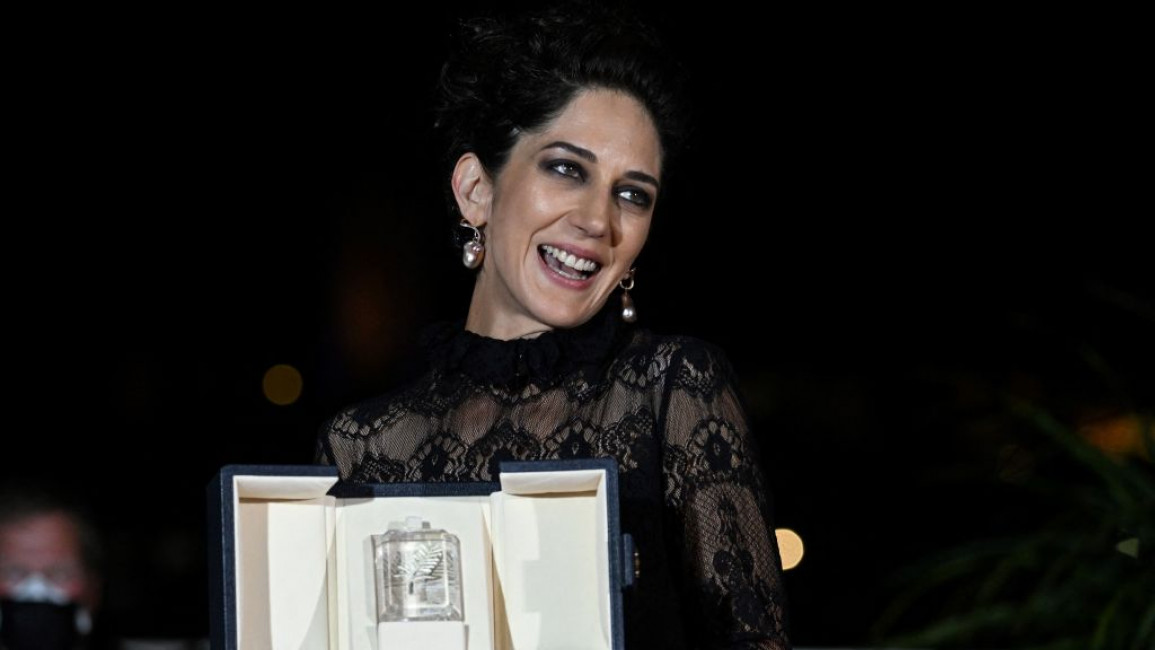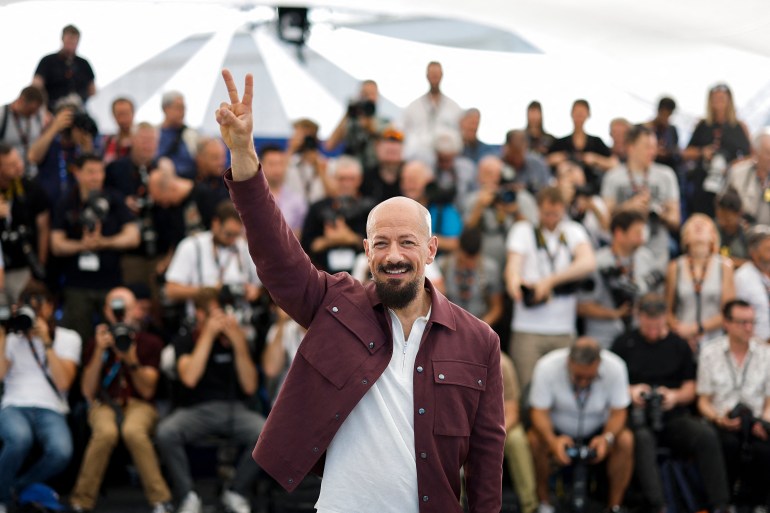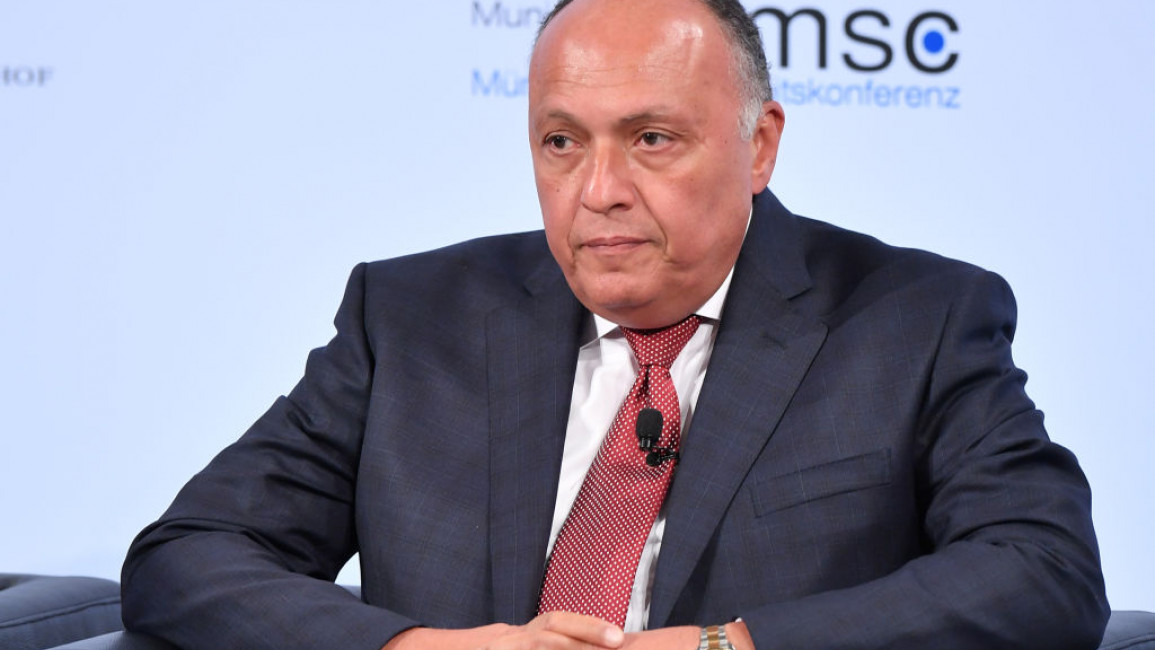According to the Hong Kong Democracy Council, more than three-quarters are under the age of 30, more than 15% are under the age of 18. At least 179 opponents are in custody; 1,159 are on trial. Yesterday, well-known jurist Benny Tai was sentenced. While awaiting trial, Card. Zen says "martyrdom is normal in our Church": yesterday he celebrated a Mass for Catholics in China.

Hong Kong (AsiaNews) - There are 1,014 political prisoners languishing in the city's jails: in June 2019, when protests by the pro-democracy movement against the extradition bill broke out in the city (before being called off), there were only a handful. This is according to the database of the Hong Kong Democracy Council (Hkdc), a Washington-based non-governmental organisation that promotes the protection of fundamental freedoms and the rule of law in the former British colony, as well as its autonomy from the Chinese central government.
The new data presented by the Hkdc shows that Hong Kong rivals authoritarian nations such as Cuba, Belarus and Myanmar in the growth of prison populations linked to political offences. The crackdown imposed by the city authorities after the 2019 demonstrations, especially with the adoption of the Beijing-imposed National Security Act in 2020, has in fact restricted, suspended or cancelled the rights of assembly, association, expression and political participation.
The prisoners in question include leaders of NGOs, trade unions and protest groups, as well as journalists, activists, teachers, students, opposition politicians and lawyers. Many of them are well-known figures in the democratic camp, such as Catholic media magnate Jimmy Lai and Joshua Wong, but most are ordinary citizens. The most contested crime is that of unauthorised demonstration, with 234 convicted.
The number of young people in prison is striking: more than three quarters of the political prisoners are under 30; more than half are under 25 and more than 15% are minors. Largely due to the passing of the security measure, the number of opponents held in pre-trial detention and awaiting trial has also increased: to date there are 179; 69 have served more than a year in pre-trial detention, the average being 12.4 months per defendant.
To date, 1,159 citizens are on trial on politically motivated charges. Many are already in prison, and most are indicted for threats to national security, sedition and riots. The latest to receive a conviction yesterday was Benny Tai. Already on remand for threats to national security, the lawyer and democratic activist will have to serve 10 months in prison for breaking the local law on electoral publicity.
Card. Joseph Zen Ze-kiun was also on trial, on 19 September. A court yesterday indicted the city's emeritus bishop, along with five well-known representatives of the Democratic Front, for failing to properly register Fund 612, which until last October assisted thousands of protesters involved in the 2019 protests. Card. Zen and the other defendants were trustees of the humanitarian organisation: they all pleaded not guilty.
The police had arrested and then released the cardinal and the others charged with the far more serious charge of 'collusion' with foreign forces, in violation of the security law. Yesterday in front of 300 faithful, Card. Zen celebrated a Mass for the World Day of Prayer for the Church in China. In an indirect reference to his court case, he said in his homily that 'martyrdom is normal in our Church'. The cardinal then asked the faithful to pray for "our brothers and sisters who cannot attend Mass because they are not free".









